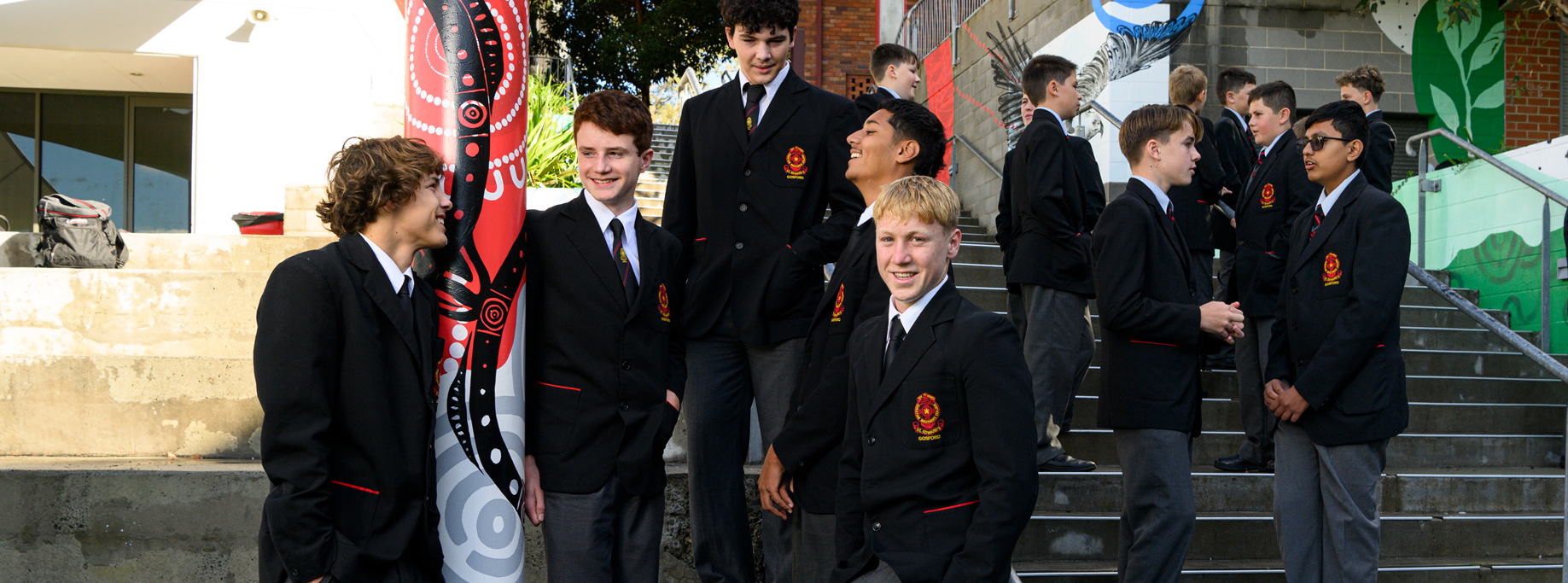
Dylan could well sing those words today as there’s change in the air once more. Women of all ages are spotlighting the massive problem we have with inappropriate sexual behaviour and abuse from males. Former Liberal staffer Brittany Higgins’ disclosure of alleged rape by a work colleague in a minister’s office in Parliament House has been the catalyst for others to speak up about similar incidents. While initially the focus was on Federal Parliament and men of a certain age, the petition (www.teachusconsent.com) by Australian student Chanel Contos moved the spotlight to young people. The petition calling for consent education in Australian schools was signed by 300,000 young women, with many recording harrowing accounts of sexual assault they’ve experienced.
The publication of the superb speech by the head prefect of Sydney’s Cranbrook School urging boys to change the way they viewed women from sexual objects to “people just like you” was ground-breaking. It was a brave speech that led the way for many men as well as the students he addressed.
While schools are being urged to tackle the problems outlined, families are the most appropriate starting points for meaningful change. Current events and the ensuing media storm provide wonderful conversation starters about these issues. Young people need to have their voices heard but they also need to hear the voices of parents and other adults, who are generally interested in their future wellbeing. Conversations can be wide and varied but should at least include the following areas.
Porn
Popular author and Parenting Ideas contributor Maggie Dent believes that boys’ attitudes have become worse since the advent of the digital world. She says, “Porn is freely available and sadly, many children stumble upon it accidentally.” Dent writes that “this problem of male entitlement where boys demand that girls meet their sexual needs, or where boys think there is no problem with raping a sleeping or unconscious girl, has to come from somewhere.” Porn is so prolific and accessible that anyone with a mobile phone in their hand can access.
Consent
Respect is at the heart of consent. Boys need to respect the wishes, the dignity and humanity of a girl when she refuses to engage in sexualised behaviour of any sort. It is important to teach and reinforce to boys that no means no, not maybe.
To help girls feel more confident about saying no, they can practise withdrawing consent (non-sexual, of course) in a number of ways with the males closest to her at home. “No bro, you can’t come into my room now.” “No Dad, I don’t want to talk right now. I can talk later though.” Consent education should be common fare in every family.
Character
Porn, Tinder, Sexting and other digital behaviours may normalise highly sexualised behaviours, but no one makes a young person continually harass a girl for sex or send out a nude image without consent. Character and values play their part. Young people may make poor choices, but parents need to hold them accountable, model values of respect and fairness and be bold and upfront with their views.
In Closing
Dylan also sang that ‘the times they are changing.’ Attitudes to women, particularly in relation to sexual assault need to change. As beneficiaries of this change young people need to be involved and parents can help get the ball rolling by talking about these issues in meaningful ways with their young people.







